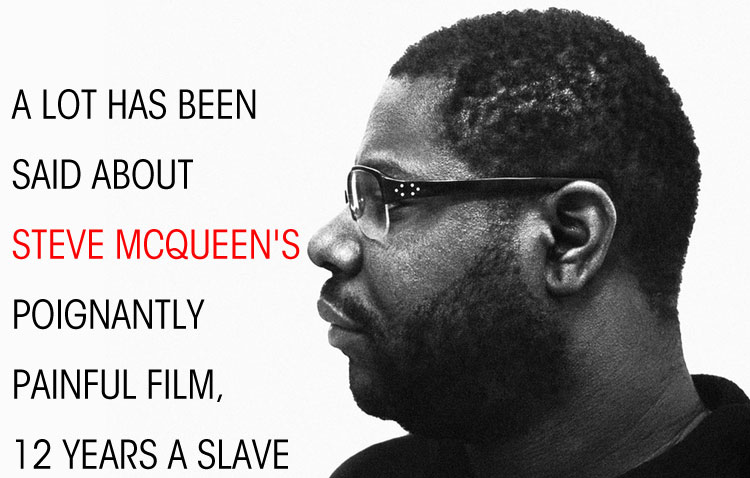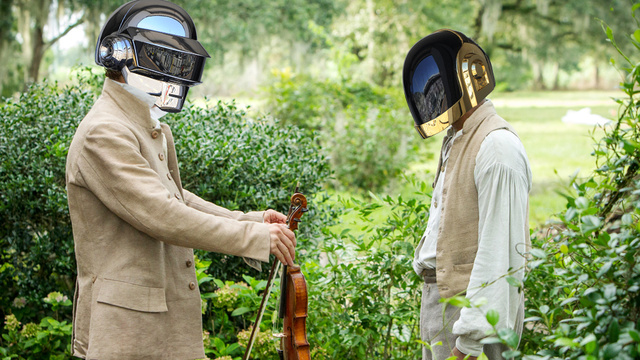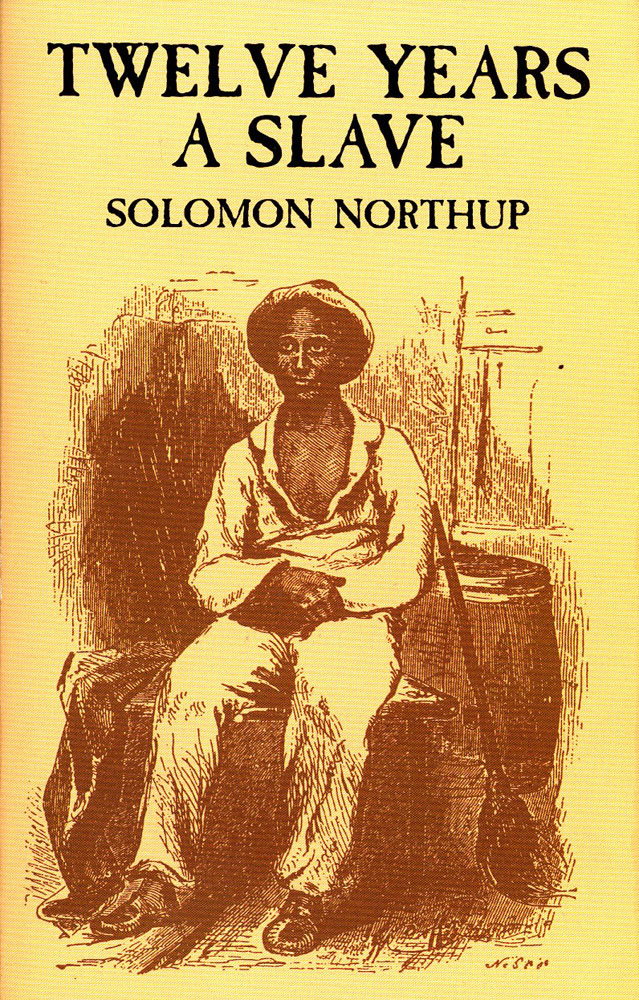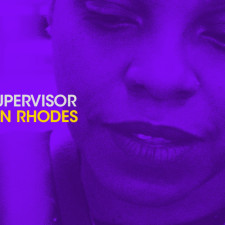A lot has been said about Steve McQueen’s poignantly painful film, 12 Years a Slave. And rightfully so. Amid a class of films–such as Django and The Butler– that discuss slavery (or the legacy of it) 12 Years a Slave is an emotionally jarring look at one man’s tragic journey into the depths of America’s “peculiar institution.” The film sparked a critical dialogue about the central role slavery played in making America an economic world super power, thereby infecting this country with the disease of economically justified racism, and how the citizens of this country are still working to heal it from the damage of its 200 years of dealing in the economy of flesh.
Recently, Gawker gave Dr. Guy the space to ponder the role of music in the telling of protagonist Solomon Northup’s journey as an African American freedman fiddler who is kidnapped and sold into enslavement in the Deep South. Dr. Guy considers how Solomon’s social position as a musician both helped and hindered his fight to return to his family and his former life of emancipation. Further, Dr. Guy considers how the scoring of the film contributes to the emotional investment of its audience.
Here’s an excerpt of the Gawker Musiqology’s piece by Editor in Chief, Dr. Guy. Please read the post in its entirety on Gawker.
~Managing Editor, Musiqology
We also hear Classic Hollywood cinema music, all too familiar to film audiences as its typically deployed to bring diverse audience bases into similar listening positions vis-à-vis the storyworld and the characters’ interiority. We’re all supposed to feel the same way—scared, happy, sympathetic, revolted, etc. In this case, it’s a solemn string section (with an occasional digitally generated low drone tossed in for dramatic effect). Northrup’s fiddle music (sometimes heard in concert with a fife or other string players) comprised the third stream of musical address. This was his hustle, the thing that made him exceptional in both his free and enslaved lives. Being “exceptional” in this regard and under such horrid circumstances was a mixed bag. At one point he’s ordered to be human muzak at a “slave boutique” as a mother is separated from her two children, presumably to bring a strained civility to one of slavery’s many unthinkable horrors. Against, the family’s shrieks, we hear his nervous arpeggios. As history reminds us, being musically talented during slavery would also make one easily marked—literally like a brand in both senses of this word. Runaway slave advertisements often noted if the fugitive possessed such gifts.
What Northrup plays sounds like the Irish jig music that swept the country in the 19th century with its growing tastes for musical “otherness,” becoming a popular form before being supplanted by military bands and minstrel troupes. He was a pop musician. Ironically—and there’s no elegant way to put this—the string music that often accompanies scenes in which we are encouraged by the director to relate to Northrup’s emotional interior are the same chords in this summer’s world wide pop hit “Get Lucky.” Yes—as in “we’re up all night to get lucky.” (In case you’re wondering kind reader, I do wish sometimes that I could “turn off” hearing music as music, but I can’t.) As luck would have it, one of his masters gives the now renamed “Platt” a fiddle, on which he secretly inscribes the names of his family. The fiddle gets him a paid gig, awakened in middle of the night to accompany the master’s cruel drunken impromptu parties, and provides comfort. I found it a significant and exceptional object in this version of Northrup’s narrative; it wasn’t a surprise when he smashes the violin to bits in a moment of highest frustration and lost hope. His exceptional past is just that: smashed with the violin. As the violin-bearing master told him “You are an exceptional Niggah Platt, but I fear no good will come of it.” He was right. Platt, eager to show some swag helps to engineer a way to facilitate a slave task in a more efficient way and shows up an envious White Overseer. Not a good plan. (This moment made me think of something. A word to contemporary Black Middle Class People who attended Our Lady of Exceptionalism High School: if you get stopped by a cop, don’t try to talk your way outta of it. No good can come of it. Take your medicine, go to the station and call your attorney. Let her do the talking.–The Management).
Tags: 12 years a slave, black films, Black Music, fim music, gawker, hollywood films




 Share On Facebook
Share On Facebook Tweet It
Tweet It

![[Video] BBC Documentary on Allen Toussaint](https://musiqology.com/blog/wp-content/uploads/2015/11/allen-toussaint-225x225.jpg)

![[VIDEO] Black Music and the Aesthetics of Protest](https://musiqology.com/blog/wp-content/uploads/2015/03/onlynchings1-225x225.jpg)








